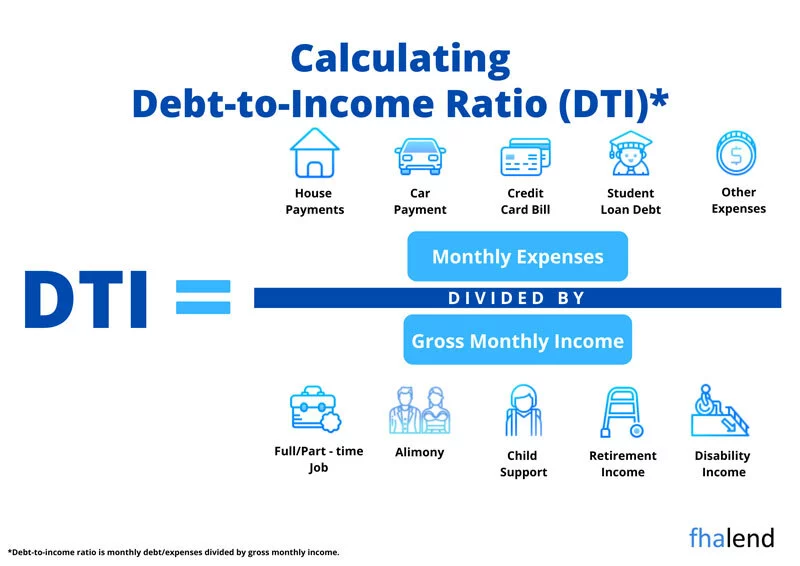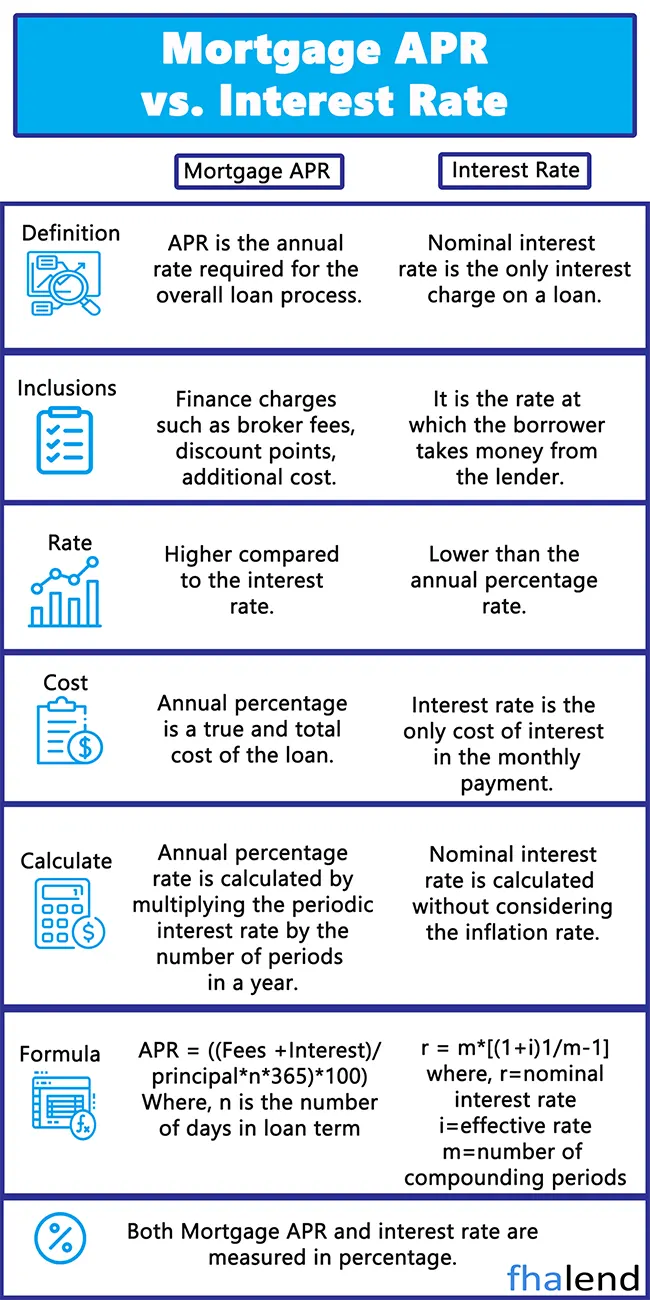How Can You Pay Off Your Mortgage Early In Five Steps
In this article, we will discuss and cover how to pay off your mortgages in five steps for homeowners. More than 2/3rd of homeowners are whittling their mortgage payments year after year until they are completely paid off. Every homeowner’s dream is to have their mortgage paid off and own a home that is free and clear. 30-year fixed-rate mortgages are the most popular loan programs in the nation.
The psychological pressure of paying slashing interests against a home loan is crushing. Several homeowners are keen to repay their loans as early as possible. If you have taken a loan for financing your home purchase, then you too can pay off your mortgage early
In this article (Skip to…)
Is It Possible To Pay a Mortgage Early?
Obviously, it is possible! Every time you pay a little extra, it reduces the principal balance. However, you need to understand the ground rules before you take steps to pay little more than what is the specified monthly interest. If you discipline yourself and consistently pay a little extra every month towards the principal, you can shave off years off the term of your loan term.
Extra Mortgage Payments Besides the Minimum Monthly Payment
Some lending firms accept extra payments and there are no prepayment fines on residential mortgages. Therefore, it is better to check with your lender beforehand to make the principal payment so it gets applied to the principal buydown. Convey a message to the lender that the extra payment is to be applied to your principal balance and not the subsequent month’s payment. Never spend your funds on some fancy mortgage accelerator program.
Higher Downpayment Equal a Lower Mortgage Rate
When it comes to mortgages, the size of your downpayment can have a big impact on your interest rate. A higher downpayment usually equals a lower mortgage rate. A larger downpayment shows lenders that you’re more committed to the property and less likely to default on the loan. It also allows you to avoid paying for private mortgage insurance (PMI), which is required if you put down less than 20% of the home’s purchase price.
The bottom line is that a higher downpayment can save you money in the long run by getting you a lower mortgage rate. So if you’re able to put more money down, it may be worth doing so in order to get a better interest rate. Of course, you’ll also want to consider your own financial situation and make sure you’re comfortable with the size of your downpayment.
You don’t want to deplete all of your savings in order to come up with a large downpayment. But if you have the cash available, it may be worth considering in order to get a lower mortgage rate.
Biweekly Mortgage Payments as a Factor To Pay Off Your Mortgage Earlier
If a mortgage payment is made monthly, it means you make 12 payments every year. If you enroll in a biweekly payment program, then you will be paying half once every 2 weeks. There are 52 weeks in one year, so you pay 26 biweekly payments or 13 monthly payments. Just by making biweekly versus monthly mortgage payments, you will shave off 7 years of your loan term and save tens of thousands of dollars. Your principal amount will start to lower quickly since you make 13 monthly payments every year.
Comparing and Analyzing Mortgage Principal and Interest
For example, a 30-year fixed home loan on $250,000 at 4% interest can save you nearly $30,000 on interest with a biweekly payment program. Thus the loan can get paid off in 25 years. If you choose to biweekly payment program ensure that the extra payments get applied correctly, meaning reducing the principal amount and not prepaying the interest. The lender needs to understand your concept for extra payment is only for principal-only and not next month’s interest payment.
Baby Steps Can Be Helpful
Every dollar added to every month’s regular payment puts a huge dent in the principal balance. Just adding a single extra payment every year cuts down the mortgage of years. Some methods to pay extra and how it affects your mortgage duration.
For example, a 30-year fixed home loan on $220,000 at 4% interest –
Make extra payment quarterly:
- You save $65,000 + the interest and the mortgage gets paid off in 11 years
Bring lunch to work:
- Trading a $100 monthly lunch cash towards extra payment on the mortgage will save $28,000 + interest. You can pay off 3 years in advance
Say no to caffeine:
- According to a survey, the average American spends $3 daily on coffee
- It totals to $90 every month when added to your loan payments and helps to save $25,000 on interest, which means 4 years off your loan life!
Small sacrifices:
- Adding $20 towards loan payments every month can save more than $7,000 allowing you to pay off 1 year early
Refinancing to Pay Off Your Mortgage Faster
It makes sense to refinance a long-term 30-year mortgage into 15 years if you can lock low-interest rates. 15 year fixed rate mortgages have lower rates than 30-year mortgages. Mortgage rates are at historic lows. Explore the option of refinancing your 30-year fixed-rate mortgage to a 15-year mortgage. Make sure that your income is stable and you do not anticipate any financial crisis such as a layoff. However, there are refinancing charges, so ensure the savings will cancel refinancing costs.
Mortgage Recasting
When Refinancing mortgage your existing loan, you pay a lump sum towards the principal amount. The lender adjusts your amortization schedule, which will reveal the new balance. Thus, your loan term shortens. Mortgage recasting fees are extremely lower than loan refinancing. Besides, if your interest is low, you can continue with it. Nevertheless, if your interest is high then mortgage refinancing is a better option.
Early Pre-Payment penalty

Unlike mortgages issued by some traditional lenders, Federal Housing Administration (FHA) loans do not have prepayment penalties. Some traditional mortgages have a prepayment penalty if the borrower repays their mortgage early or add extra principal payments every year/month. In most cases, you need to pay them if you pay off your loan before 3 or sometimes up to 5 years. The penalties protect lenders from prepayment risks and they offset the financial loss of the interest income that they would have earned over the term of the mortgage.
Downsizing To A Smaller Home
If you have a big home and are planning to get rid of the mortgage early, then consider selling it and using the profits to buy a small, less costly home. Profits from selling a big home can possibly help you pay the total cash for a new home. Even if you need to enroll in a small home loan, you succeeded in lessening your debt. The next step is to plan in getting rid of this small loan as fast as you can. A small balance can be paid off quickly!
Paying Off Mortgage Early By Making Extra Principal Payments
Early payments are worth it, but ensure your finances allow you to do it. Everyone’s situation, debt tolerance, and risk appetite differ. Paying off a loan early is like investing in an illiquid asset. The funds cannot be tapped easily. So ensure you have some emergency funds accessible before applying extra payments for mortgage payoff. However, paying your home loan off early helps to increase monthly cash flow, and retirees can enter their retirement life without any burden of a monthly mortgage payment.



March 8, 2022 - 5 min read